
NC Leaders Feel the Heat, Consider Government Leadership Alternatives
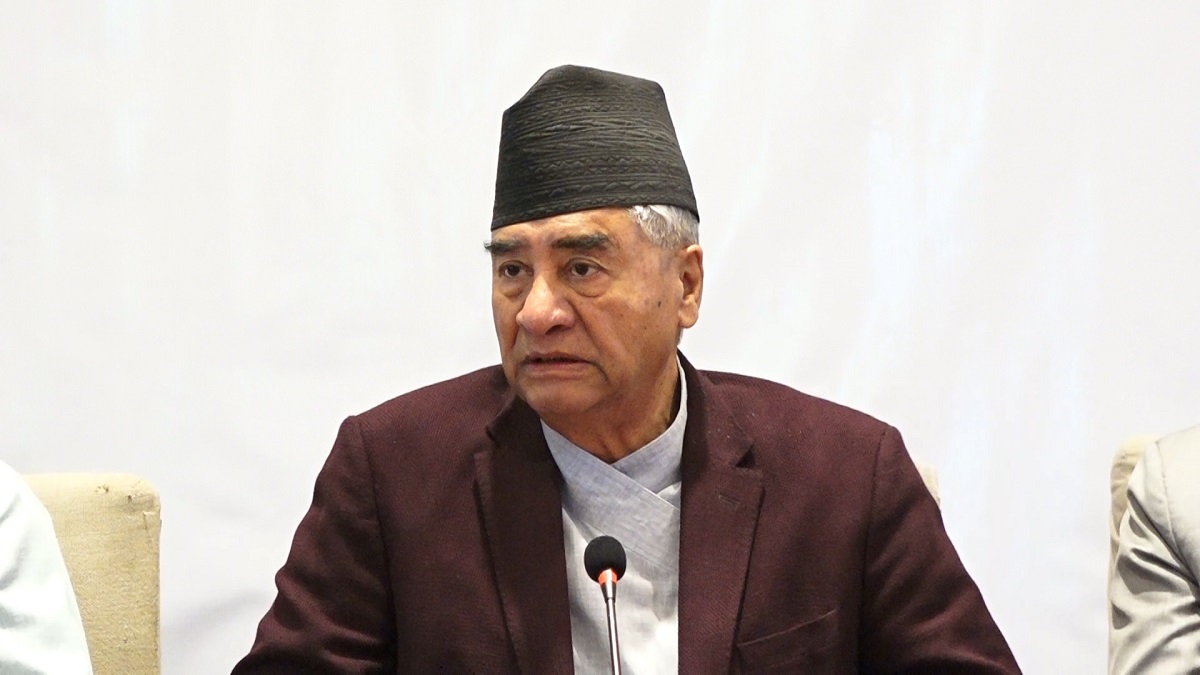
The leadership of the Nepali Congress (NC) finds itself at a crossroads as mounting pressure pushes them to seek an alternative to the current government led by Prime Minister Pushpa Kamal Dahal Prachanda, who also chairs the Maoist Center. The latest actions by Prime Minister Dahal have left NC leaders in disbelief, igniting calls for party President Sher Bahadur Deuba to take the reins of government.
Influential NC leader Dr. Shekhar Koirala, backed by other party members, insists that their party should assume leadership, urging Deuba to clarify the party’s intentions, as Prime Minister Dahal appears to be steering the ship single-handedly. Notably, Dr. Koirala enjoys widespread support, including from party General Secretary Gagan Thapa.
While Deuba has remained silent on the matter, a growing number of leaders advocate for a gradual takeover of government leadership.
This coalition, formed just a year ago, is facing increasing pressure as Nepali Congress leaders voice concerns over government-initiated corruption investigations and Prime Minister Dahal’s involvement in creating the Samajwadi Morcha. NC leaders have accused Prime Minister Dahal and Home Minister Narayankaji Shrestha of targeting NC leaders in fabricated cases involving Bhutanese refugees and the Lalita Niwas scandal. Maoist Vice Chairman Krishna Bahadur Mahara is also linked to a gold smuggling case.
NC leaders believe that the government has intentionally slowed down corruption investigations, fueling suspicion within the party. They argue that the government’s actions are a cause for concern.
While the establishment faction of the Nepali Congress has remained cautious, the Shekhar-Gagan faction is growing increasingly frustrated with the government. A central member close to Dr. Koirala revealed that Prime Minister Dahal had previously threatened to launch street protests if removed from office, surprising many.
Allegations are rife that the Prime Minister may be attempting to incite social unrest by raising caste-based issues.
In response to these developments, Dr. Koirala has hinted at the necessity of exploring alternatives, given the mounting doubts about the government’s effectiveness. Although not formally discussed within the party, informal conversations at the highest levels have already commenced.
The possibility of seeking an alternative government leadership is now on the table, and this issue is expected to be raised in the central committee meeting scheduled for the first week of October. The Nepali Congress faces critical decisions ahead as they navigate the complex political landscape in Nepal.
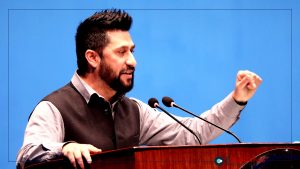
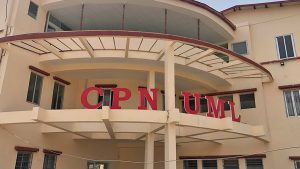
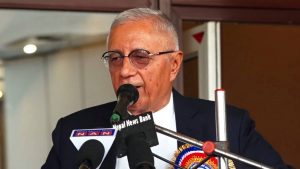
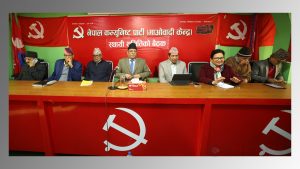
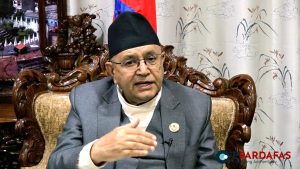
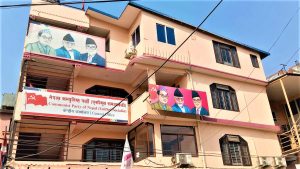






Comments